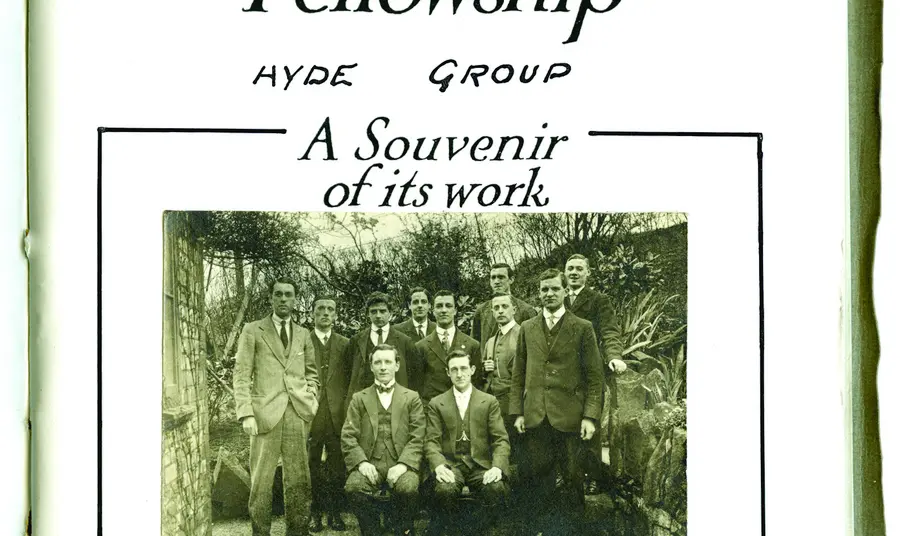
First World War: Then and Now
This project uses the collections from the Working Class Movement Library to explore the peace efforts of men and women from late 1915 to 1916. It will explore the papers of the Hyde Group of the No-Conscription Fellowship, which supported and campaigned for men who objected to fighting.
The papers show how the group campaigned against the Military Service Act, which was first introduced in January 1916, and how a number of women were involved in the peace efforts. The Library also holds the full run of The Tribunal – the No-Conscription Fellowship’s weekly newspaper.
Volunteers are working with library staff and a graphic designer to create a portable exhibition, which will be shown at the library for six months and then go on tour to local venues. An induction programme and informal training will support new volunteers joining the project.
There will also be a Living Histories performance developed by a script writer. This will be performed six times at the library and at eight local secondary schools. An educational consultant, designer and volunteers will work together to create learning resources for schools, particularly Key Stage 3 learners.
The Library is in Salford and we have unearthed some powerful stories about local conscientious objectors.
Library Manager, Lynette Cawthra
One local objector, James Hindle Hudson, who was a geography teacher at the Salford Secondary School for Boys, stated at his trial: “Though the law may deem me to be a soldier, no power on earth, military or other, can make me into a soldier."
Find out more about Invisible Histories from the Working Class Movement Library.
